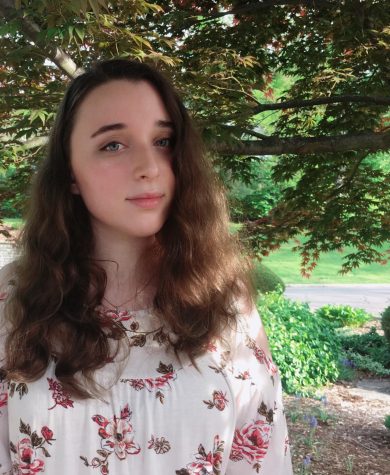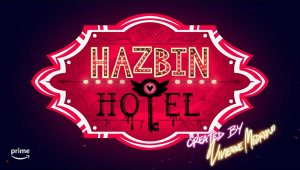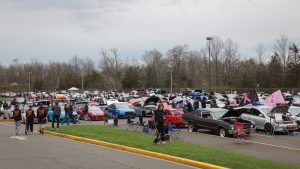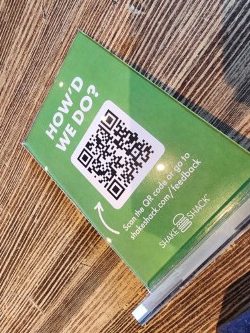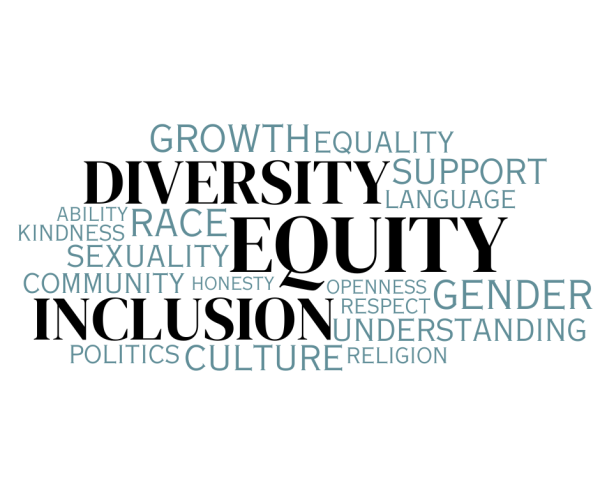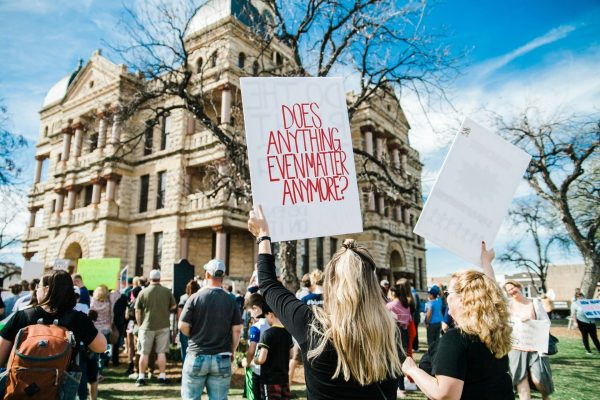Do You Remember The War In Ukraine?
September 7, 2018
When you think of Russia, what comes to mind? Perhaps it’s the evidence that the Russians interfered with the 2016 presidential election. Maybe it’s the familiar story that keeps replaying on the news about President Donald Trump allegedly colluding with the Russian government to win the election.
It’s normal for a citizen of the United States to think primarily about how Russia affected this country and this country only. After all, this is your home. It’s my home, too. I was born and raised in Connecticut, and I consider myself an American above all else.
But this nation isn’t the only nation I love and worry about. My late grandmother’s birthday this weekend reminded me of that.
My grandmother—or babusya, as I addressed her—adored Ukraine. Living in the States, she longed for it, constantly telling my mother how much she wanted to go back. She’d visit frequently during the summer and would take me with her. As a little girl, my heart melted at the way she vibrantly explained the histories of Kiev’s cathedrals and how she spoiled me with the traditional meals she used to feed my mom and her sisters.
Her enthusiasm for the country invoked a love for it inside of me as well. To this day, both an American and a Ukrainian flag hang over our front door, put there by me after my grandmother’s death when I was six-years-old.
So the day Russia invaded Ukraine felt like a stab to the heart. Our household went into a panic. Was our family there okay? Had they gotten out safely? For those who didn’t leave, were they living safely? And how could Russia, who called us its brothers and sisters—who knows that there are people like me with one Ukrainian and one Russian parent—stab us in the back like this?
Ukraine and the Crimean peninsula were never Russia’s, but that hasn’t stopped it from invading the land and enslaving its people multiple times throughout history. Most notable are Catherine the Great’s conquests, as she annexed Crimea in 1783 and reinstituted serfdom, forcing Ukrainians and people from surrounding nations to work for the country actively attempting to annihilate their identities.
This degradation went on for centuries. During the Soviet Union, Ukraine wasn’t Ukraine. It was “the Ukraine,” named so because of its subjugation by outside powers and to force the image that it wasn’t a nation, but just a geographic region. The Ukrainian language was outlawed and its culture suppressed.
This time is no different. Russia is again taking what it’s not supposed to, and President Vladimir Putin isn’t pulling any stops. For him, taking control of Crimea is about power and proving to the world that he won’t abide by international law. It’s also about nationalism, fueling his propaganda that Crimea is Russian and that the rest of Ukraine has been soiled by Western interference. And Putin will do anything to paint that picture to his supporters.
In 2016, leaked Russian government emails linked the Kremlin to orchestrating and directing the rebellion in Crimea, according to The New York Times. The emails proved to be authentic, held strategies to have Russians pose as Ukrainian separatist rebels and to have them vote for Crimea’s annexation. These separatists were also told to call the Ukrainian government “fascist” and to describe the U.S. as the “puppet master” behind it. More emails later showed Russia’s involvement in the downing of Malaysian Airlines Flight 17 and its plans to blame Ukrainian forces for the tragedy.
Having Ukraine destroyed from the inside is devastating. The Council on Foreign Relations estimates over 10,000 have died and close to two million are displaced. The economy is struggling and the people are afraid, the fear ever-present that Russia will move even further into their land.
I don’t know how my grandmother would’ve reacted. I have a suspicion, though, that she would’ve bought the first plane ticket there and would make sure everyone knew what was happening.
So please, don’t forget.
